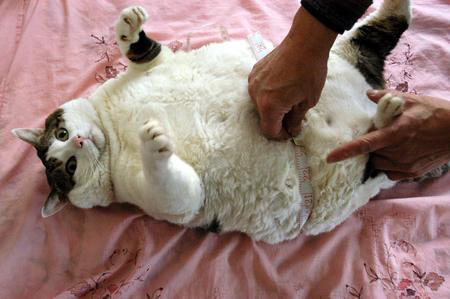Obesity has long been a high-risk health threat in the United States; more than one in three adults are obese. However, the implications of obesity for older adults are more complicated than the well-known narrative of weight gain causing chronic conditions. The obesity paradox suggests that higher average weight can mean a longer life expectancy. It’s important for older adults and their caregivers to understand how to address weight gain in the context of a healthy, individualistic lifestyle.
Defining Obesity: Obesity is excess accumulation of fat in the body. Lifestyle choices like diet and exercise can contribute to weight gain The preexistence of medical conditions or the experience of immobilizing injuries also can contribute to weight gain.
Measuring obesity: Younger adults often rely on the Body Mass Index to measure weight composition. But many studies show the inaccuracy of the BMI system when applied to older adults. Measuring the waistline may be a better alternative when it comes to older adults; that measure can be compared to height and weight for a more accurate analysis of weight distribution.
What is the Obesity Paradox? Several studies have revealed a counter-intuitive concept that associates a higher average weight with a longer life expectancy. In other words, the optimal weight for survival increases with age. The reasons for these findings are varied, but they emphasize that body composition is more complicated than we might think. (That said, experts see many health risks for older adults with a high body mass index–30 kg/m2 or higher.)
What does it mean for you? Caregivers and family members of obese or overweight older adults should understand that increased body size does not necessarily pose a threat to health, or risk complicating existing chronic conditions, and has actually been associated with longer life expectancies.
The reasons behind the obesity paradox are not universally understood. In no way does it mean that healthy adults should try to gain a lot of weight. However, it does mean that heavier adults might be at lower health risk than they think.
All adults and their caregivers should be familiar with specific medical risks of obesity, and understand that the idea that a fatter body signifies poor health is too simple. Older adults should seek help from a doctor or family nurse practitioner, who can evaluate their loved one’s specific conditions and prescribe measures that best fit the situation.
Here’s more from Just Care:










